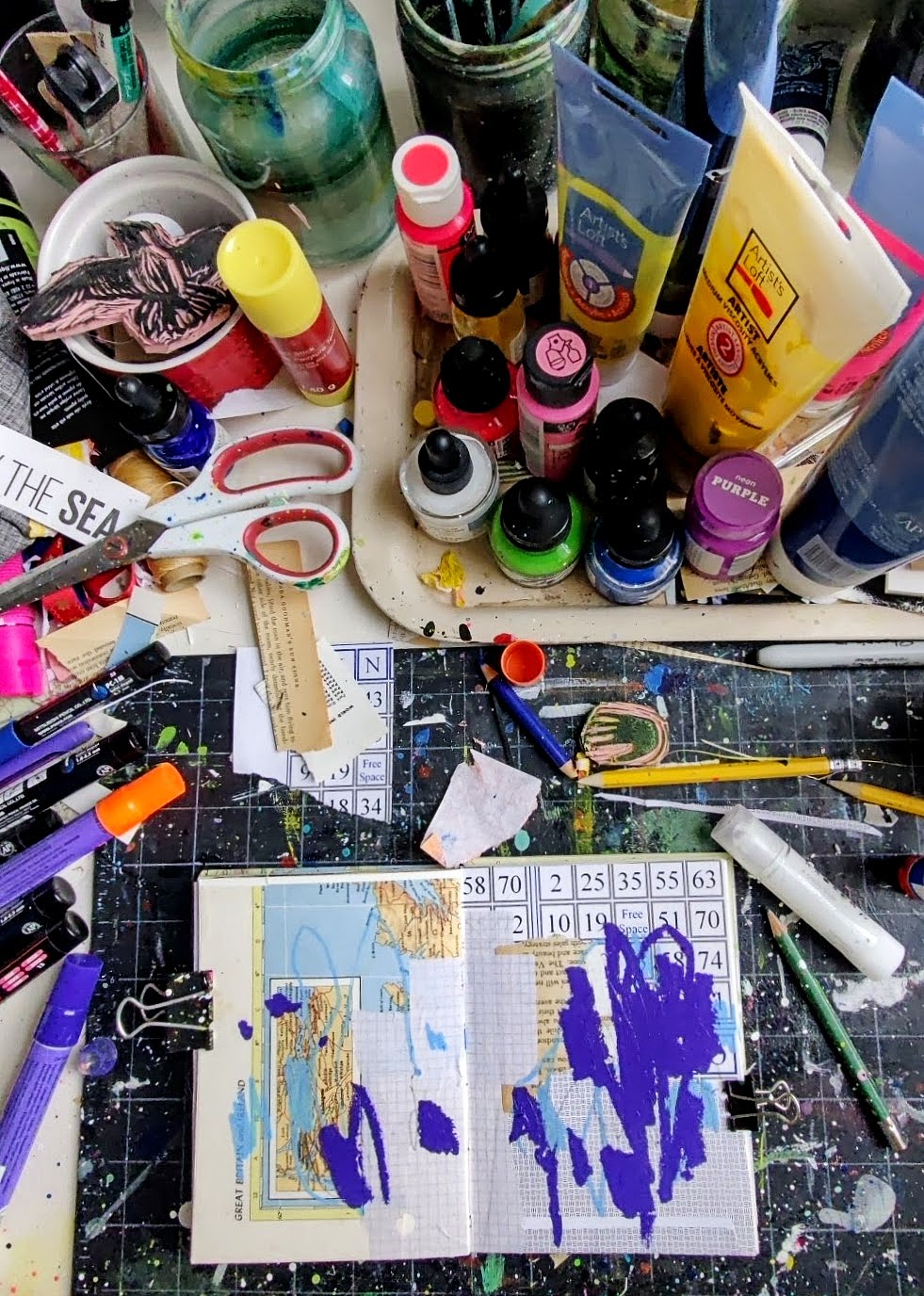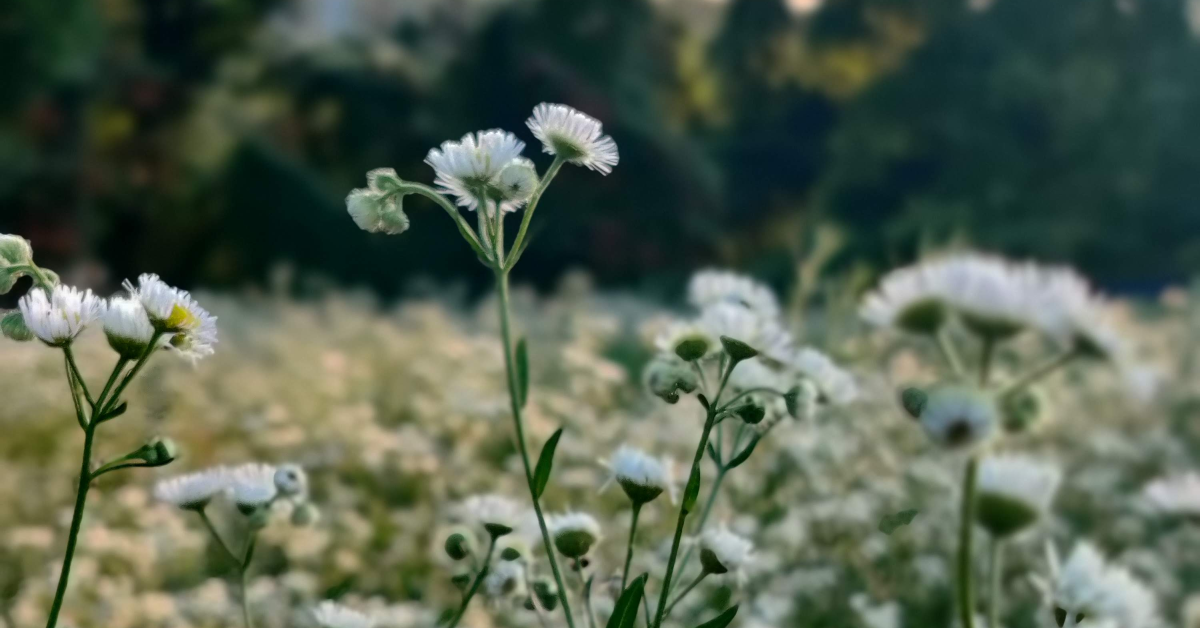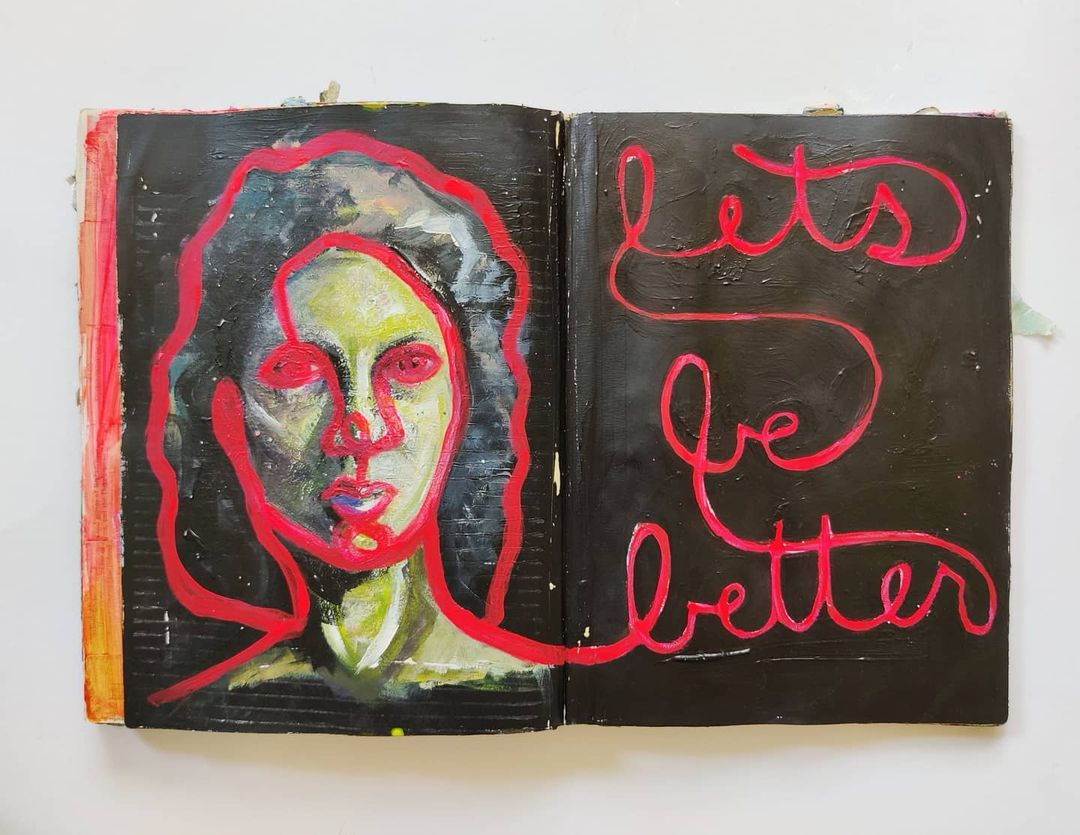Tag: productivity
-

Permission to Be
•
I chose “ease” as my word of the year precisely because recently, it hasn’t been easy. And I haven’t yet figured out how to write through it, preferring instead to emerge from my protective cocoon once everything feels more manageable again, painting in the meantime. I took part in Oliver…
-

You Are a Garden
•
We’re constantly bombarded with messaging about how we can be better, more efficient humans. It’s exhausting.
-
Here’s the Thing
•
Between a pandemic and relentless capitalist culture — and also this question of “What is your quarantine masterpiece?” that still lingers over my head a year into COVID — I am getting increasingly frustrated with the idea of being consistently productive in the face of such overwhelming circumstances.
-

More Creation, Less Perfectionism
•
What if we redefined “perfection” as actually leaning into the messiness and the emotion of existence? Maybe perfection is actually showing up as, and celebrating, the whole complicated human you are.
